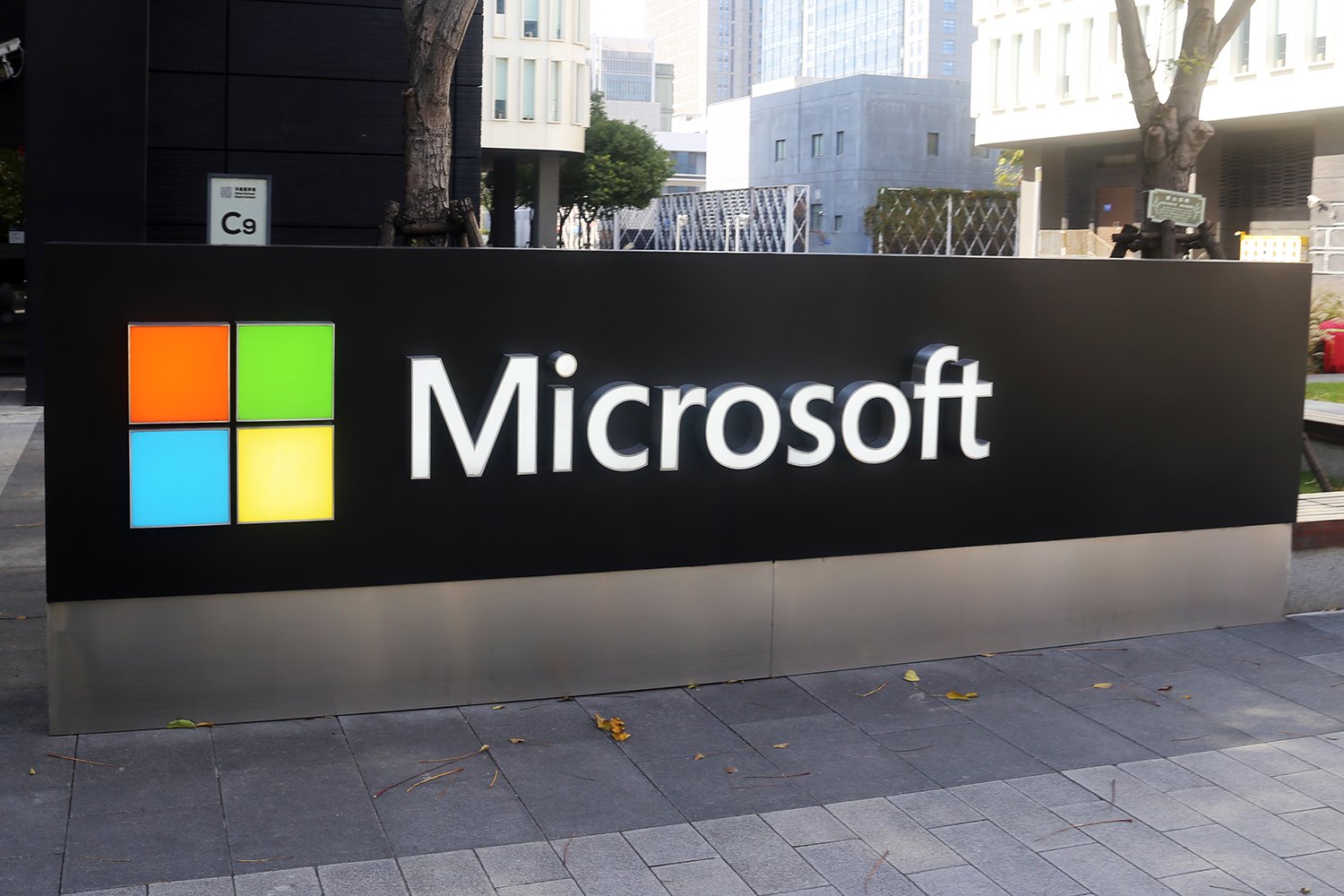Microsoft Opens Urgent Review Into Alleged Azure Use in Palestinian Surveillance Network

Microsoft says it has launched an urgent internal review into whether its Azure cloud infrastructure was used to support a sweeping surveillance effort targeting Palestinians. The move follows months of pressure from inside and outside the company, including employee protests and disruptions at public events over its work with Israel.
A recent newspaper investigation alleged that a unit of Israel’s intelligence community was granted access to a customized, segregated Azure environment. According to that report, the isolated setup was used to build a system capable of collecting and storing recordings of millions of mobile phone calls placed daily by Palestinians in Gaza and the West Bank.
In response, Microsoft stated that these new, specific allegations warrant immediate scrutiny and said it has engaged outside counsel to oversee the process. The review will be managed by attorneys at Covington & Burling, the company said.
Microsoft also indicated that using Azure to store data obtained through broad or mass surveillance of civilians would run counter to its terms of service, signaling that any confirmed misuse could trigger policy or contractual repercussions.
This marks the second formal legal review the company has undertaken regarding its relationship with the Israeli government. An earlier probe, completed in May, concluded there was “no evidence to date” that Azure or Microsoft’s AI technologies had been used to target or harm people amid the conflict in Gaza.
The controversy extends beyond one company. Other major cloud providers have faced similar scrutiny. A United Nations working group recently asserted that several large tech firms provide Israeli authorities with extensive access to cloud and AI capabilities, potentially enhancing data processing, decision-making, and surveillance operations.
What happens next could shape how cloud providers police government and defense workloads, from the design of segregated environments to enforcement of acceptable-use policies. The outcome of Microsoft’s review—especially if it confirms or refutes the claims about a dedicated Azure enclave and bulk phone-call recordings—will likely influence broader debates on technology governance, human rights, and Big Tech accountability.



